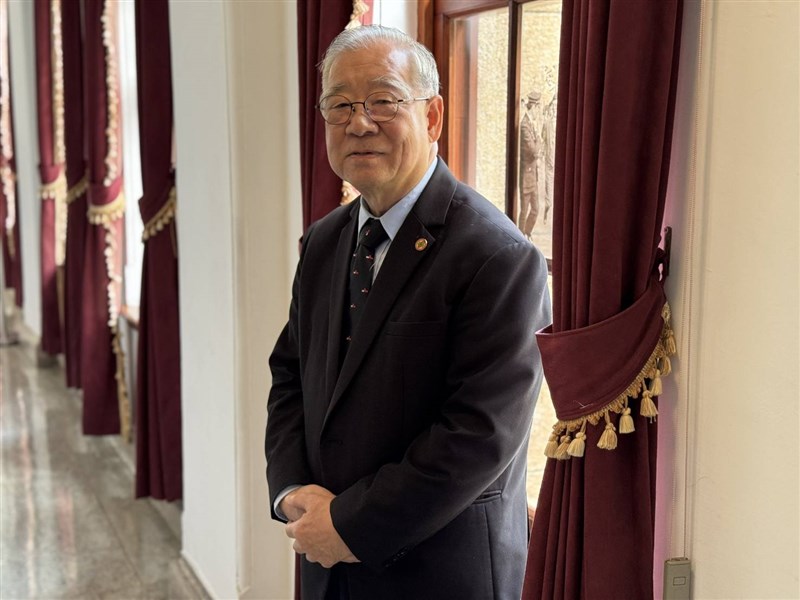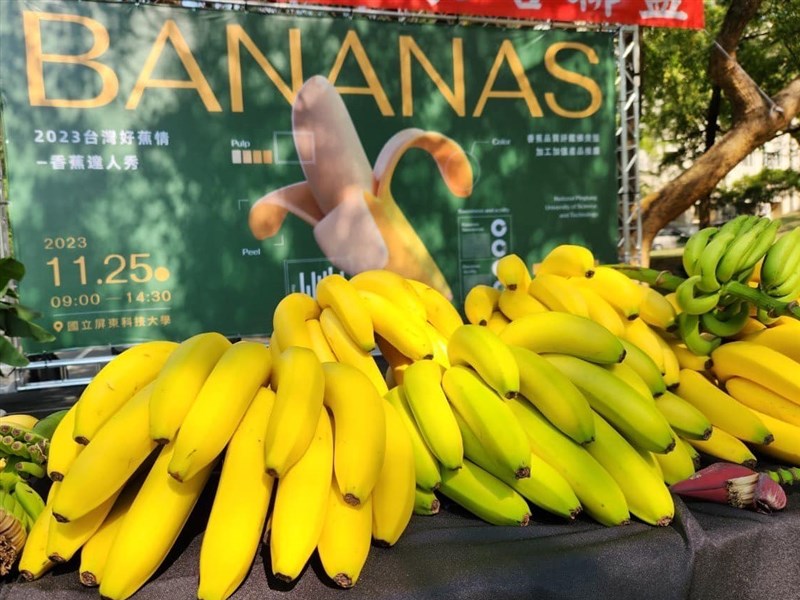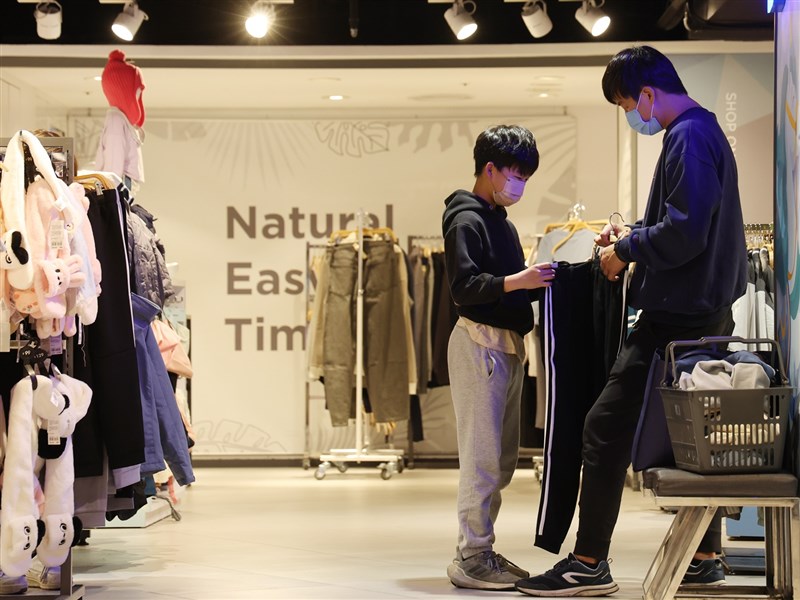FEATURE / Packing for emergencies: 'Go bags' gaining steam amid rising war fears
07/04/2025 02:04 PM
Go bags filled with essentials for surviving wartime scenarios or natural disasters have soared in popularity in Taiwan recently amid American warnings to prepare them and rising fears of future military conflict.
(Full text of the story is now in CNA English news archive. To view the full story, you will need to be a subscribed member of the CNA archive. To subscribe, please read here.)
More in FEATURE
-
![To some, transitional justice has yet to expunge ghosts of 228 Incident]() To some, transitional justice has yet to expunge ghosts of 228 IncidentWhen Kenneth Wang (王文宏) recounted his father's suffering during the 228 Incident of 1947, he used humor to break up the difficult memories.02/28/2026 09:49 AM
To some, transitional justice has yet to expunge ghosts of 228 IncidentWhen Kenneth Wang (王文宏) recounted his father's suffering during the 228 Incident of 1947, he used humor to break up the difficult memories.02/28/2026 09:49 AM -
![Banana threat: Taiwan decodes secret to tackling banana killer TR4]() Banana threat: Taiwan decodes secret to tackling banana killer TR4When the banana-killing Panama disease was detected in September 2025 in Ecuador, the world's largest banana exporter, it sent chills through the global industry.02/20/2026 12:30 PM
Banana threat: Taiwan decodes secret to tackling banana killer TR4When the banana-killing Panama disease was detected in September 2025 in Ecuador, the world's largest banana exporter, it sent chills through the global industry.02/20/2026 12:30 PM -
![Beyond new clothes: Children in need get private LNY shopping session]() Beyond new clothes: Children in need get private LNY shopping sessionOutside the flagship store of Taiwanese apparel brand NET in downtown Taipei, a queue -- made up of children and their parents -- had formed well before regular opening hours, despite the chilly late-January morning.02/14/2026 04:03 PM
Beyond new clothes: Children in need get private LNY shopping sessionOutside the flagship store of Taiwanese apparel brand NET in downtown Taipei, a queue -- made up of children and their parents -- had formed well before regular opening hours, despite the chilly late-January morning.02/14/2026 04:03 PM
Latest
-
Business
Taiex dives over 770 points amid Middle East conflict
03/03/2026 04:44 PM -
Politics
Taiwan condemns Iran's indiscriminate attacks on Middle East countries
03/03/2026 04:37 PM -
Business
U.S. dollar closes sharply higher on Taipei forex market
03/03/2026 04:27 PM -
Business
Over NT$20,000 in pension fund earnings distributed to most workers
03/03/2026 04:19 PM -
Society
Black sesame seeds from China fail inspection over excessive cadmium
03/03/2026 03:35 PM


